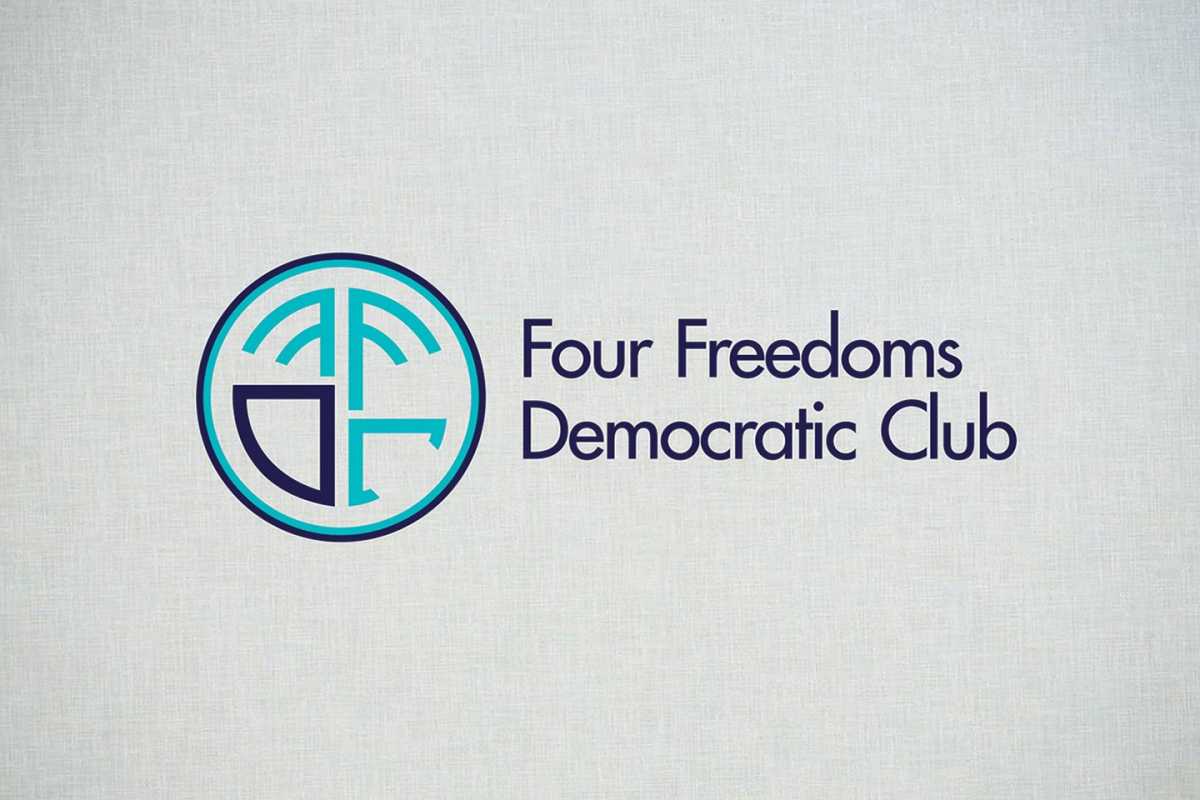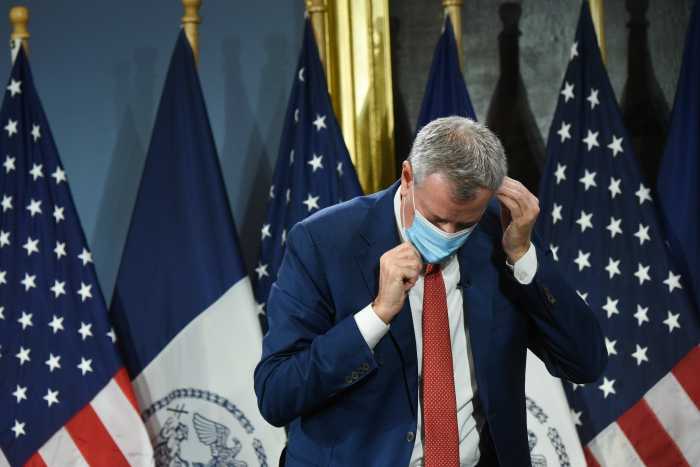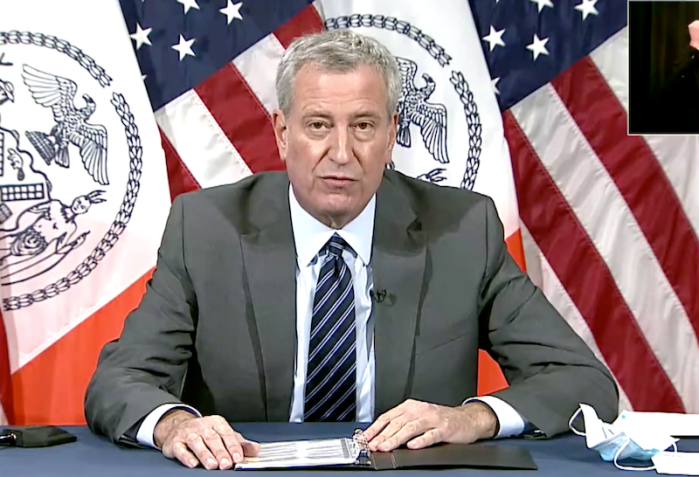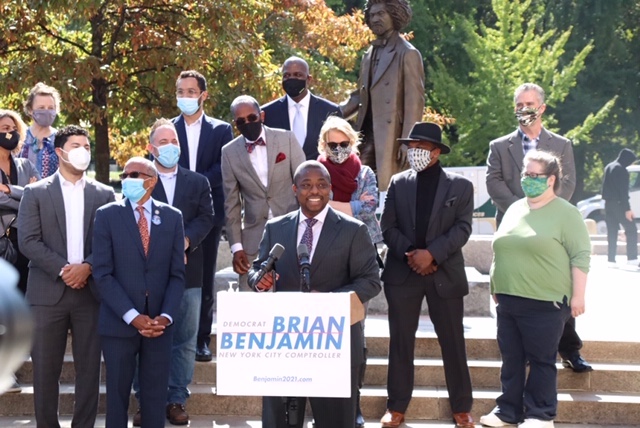The Four Freedoms Democratic Club capped off last week with two major endorsements: Ben Kallos for Manhattan Borough President, and Brad Lander for City Comptroller.
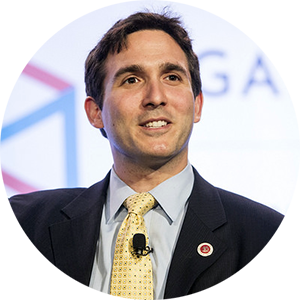
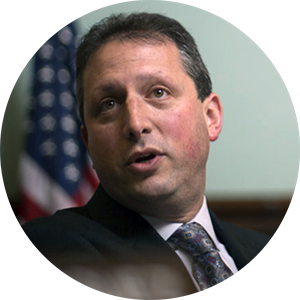
The Club held a Zoom forum Thursday evening with candidates for the upcoming Comptroller and Manhattan Borough President elections. The meeting featured candidate speeches, Q&A, and most importantly, club’s endorsement vote.
The candidates in attendance for Comptroller were State Senator Brian Benjamin (D – Harlem, Upper West Side); Councilmember Brad Lander (D – Brooklyn); and Reshma Patel, President of the Eleanor Roosevelt Democratic Club. Three other candidates – State Senator Kevin Parker (D – Brooklyn), Assembly Member David Weprin (D – Queens), and Mary T Liftin – declined the club’s invitation to the event.
For Manhattan Borough President, all candidates were in attendance: Lindsey Boylan, an urban planner; Kimberly Watkins, President of CEC3; State Senator Brad Hoylman (D – Manhattan); Councilmember Mark Levine (D – Washington Heights, Upper West Side); Councilmember Ben Kallos (D – Upper East Side); and Elizabeth Caputo.
Jerry Ferguson, President of Four Freedoms, started the event by telling the audience to breathe, and offered a sentiment that was echoed throughout the night: “The stench of the Trump administration is gone.” For many, the shift in federal leadership has highlighted the question of what change will look like locally.
Brian Benjamin gave first remarks. He referenced his affordable housing efforts in Harlem and called for a “strategic plan” to handle the City’s affordable housing crisis. He hammered home the point that “the City does not have a strategic plan as it relates to affordable housing,” saying that things get built “willy-nilly.” For him, tax liens need to be banned, home ownership needs to be promoted and kept where it is, and 600,000 new affordable housing units need to be constructed.
Strategic plans also came from Patel and Councilmember Lander. All of the candidates proposed utilizing some of the City’s $229B pension fund to build more affordable housing, although Benjamin was the only one who talked about moving towards “permanent supportive housing.” Lander said that in the next few days he will be releasing a new plan for “shared equity home ownership” that is meant to tackle the problem.
When asked what distinguishes them, Lander said that he has “more contributors than the other candidates in the race combined,” giving him particular independence when it comes to auditing big organizations once in office. Patel placed her emphasis on community land trusts, and Benjamin spoke on the need to re-evaluate a number of Housing Trust Fund Corporation (HTFC) buildings.
On policing, all candidates were firm in their commitment to strictly audit of the NYPD and promote transparency. Benjamin stated, “the NYPD must be reined in. Enough is enough.” Lander was hopeful that the repeal of 50-A—which allowed law enforcement to refuse the disclosure of personnel records—will lead to less money wasted on court settlements regarding police misconduct. Current NYPD settlement payouts take up hundreds of millions of taxpayer dollars.
The event then turned to the Manhattan Borough President candidates. They spoke and took questions one-by-one, whereas questions were answered by all candidates in the first segment.
Kim Watkins, going first, pledged to prioritze schools, jobs, and homes. Cutting against the “highly political deal-making” she witnessed as CEC3 President, she called for taking a closer look at the City’s “bloated” $34B DOE budget, stating that only 60 percent of that money makes it into schools. She was clear that “there should not be police officers in schools,” and that there is room for $1B to be cut from the NYPD budget, which would bring it back down to its 2014 operating costs.
Senator Hoylman pointed to the legislation he has helped enact in Albany over the past eight years. He has been pivotal in ending the ban on “walking while trans” – a “very broad statue in penal law” that prompts arrests for loitering which have disproportionately targeted transgender women of color. Hoylman also passed the Child Victims Act and the Tenant Safe Harbor Act, and has helped strengthen vaccine requirements in schools.
“I’ve been embedded in local politics and understand that we need to have a partnership with Albany,” said Hoylman. “That’s what I think has been missing with the City of New York.”
Boylan identified multiple crises that New York faces: the COVID-19 pandemic, rent and housing prices “spiraling out of control,” and the future of the City’s schools and businesses. As former Secretary of Economic Development for the State and with two decades in public planning, Boylan pledged to bring “bold, progressive leadership”. She addressed what she sees as a city that has been planned on the premises of systemic racism and inequality; and a City Council that has been taken over by Real Estate.
“You need your Borough President to not act like a City Council member… someone who has the trust of the community but is also not willing to make friends with the Real Estate industry,” said Boylan.
Councilmember Levine opened by talking about Neighborhood Trust, “essentially a community-owned bank” which he founded that has provided over $25M in microgrants to Uptown New Yorkers. He spoke on his work to protect tenants facing eviction and called for the creation of a public bank “which could fund environmental investments, housing cooperatives, and worker cooperatives” through diverted Wall Street money. Levine saw reducing the NYPD’s budget as an “exciting opportunity” to re-invest in services where the NYPD is not needed, including response teams for the unhoused, overdoses, mental health crises, traffic enforcement, and school safety. He also spoke in favor of a single-payer Universal Health Care system.
Councilmember Kallos advocated for the conversion of vacant building space to affordable or free housing, a position that has become a core part of his platform.
“Everywhere else in the country, people struggle to get out,” said Kallos. “But here, people struggle to stay in. Even with thousands of vacant apartments, New York still has an affordable housing crisis.”
He spoke on his legislative history of fighting for campaign finance reform. Kallos is also the only candidate running who voted against last year’s budget, which did not meet many constituent’s demands for a reduced police budget.
Elizabeth Caputo, who chaired Community Board 7 for three years and works with the World Economic Forum, called for “innovative and humane solutions to the homelessness crisis.” She was adamant about bringing the Arts and nightlife back to New York, and prided herself on being able to keep things “apolitical.” Her, Levine, and Hoylman were both clear on their positions that mass transit needs to be brought back in full force, with Levine calling for free busses. Caputo also stated she “supports very strongly the reform of the police,” although didn’t believe that budget cuts were necessary.
After the candidates spoke, they exited the Zoom call, and club members debated their endorsement picks. One member suggested a non-endorsement for Comptroller, signaling concerns that club endorsements for candidates outside of the district can then lead candidates to stop working hard for those votes.
Ultimately, Brad Lander won the Four Freedom’s endorsement for Comptroller, and Ben Kallos won the endorsement for Manhattan Borough President. Club President Jerry Ferguson thanked everyone for participating. With more than 70 attendees sticking around towards 10PM, he said the commitment to local politics exhibited was “inspiring.”
The full livestream of the event is available on the Four Freedoms Democratic Club Facebook Page.


